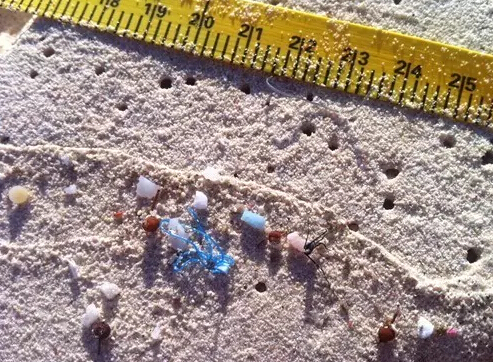Nobel laureate, Turing Award winner enlisted by top academy
 |
|
Nobel laureate C.N. Yang (left) and Turing Award winner Yao Qizhi. [Photo: China Daily] |
Nobel laureate Chen Ning Yang and Turing Award winner Yao Qizhi have become Chinese citizens and officially joined the Chinese Academy of Sciences as academicians-the highest academic title in China, the academy’s faculty office said on Tuesday.
They are the first overseas scientists to relinquish their US citizenship to join the official faculty of China’s highest scientific research organization. Yang, 94, will join the mathematical physics department, while Yao, 70, will enter the information technology and science department.
“They are both world renowned scholars,” the office said in a statement. “Their entry into the academy’s faculty will increase the influence of China’s scientific circles worldwide.”
Yang and Tsung-dao Lee received the 1957 Nobel Prize in physics for their work on parity nonconservation of weak interaction, becoming the first people of Chinese origin to win a Nobel Prize.
Yao became in 2000 the first person of Chinese origin to receive the Turing Award, the most prestigious award in computer science. He won for his fundamental contributions to the theory of computation such as cryptography and communication complexity.
In late 2016, both scientists had relinquished their foreign nationality and submitted their request to join the academy. The faculty office said it had to adopt new procedures to accept the two scientists, who were both foreign academicians at the time.
In order to become a foreign academician, one has to be an accomplished scientist who contributed greatly to China’s science and technology. After being recommended by more than five Chinese members, the foreign scientist enters a biennial election and must win a two-thirds majority of academicians’ votes to join their ranks, according to the academy’s charter.
A foreign academician, though lacking voting rights, can advise on Chinese scientific developments and the workings of the faculty office, as well as receive academic publications and invitations to seminars held by the office. Foreign academicians can join the ranks of Chinese members once they receive Chinese citizenship.
A Chinese member can make suggestions on major Chinese scientific projects and vote on prospective new members of the academy.
There are now 754 Chinese and 78 foreign scientists in the academy. In recent years, the faculty office has worked to build a “big academician family”, connecting renowned scholars from around the world to give advice and contribute to China’s scientific development.
“As China’s science, economy and society develop, the influence of the faculties will increase domestically and abroad,” the office said.
